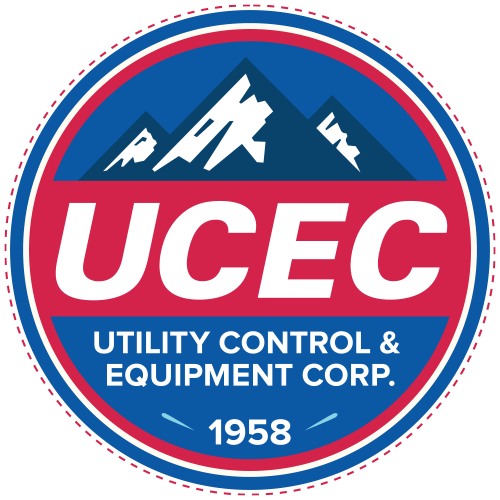Navigating the Path to Efficiency: Challenges and Future Trends in Energy-Efficient Industrial Control Panels - Part 7
In the ever-evolving landscape of industrial automation and energy management, the pursuit of energy efficiency remains a central focus for organizations worldwide. As industries strive to optimize resource utilization, reduce operational costs, and minimize environmental impact, the design and implementation of energy-efficient control panels have become increasingly critical. In this article, we delve into the challenges facing energy-efficient control panel design, explore emerging trends and technologies in the field, and envision potential future advancements that will shape the landscape of energy efficiency in industrial operations.
Addressing Common Challenges in Energy-Efficient Control Panel Design
Designing energy-efficient control panels presents a myriad of challenges that must be navigated with precision and foresight. Common challenges include:
Compatibility and Integration: Ensuring seamless integration of energy-efficient components and technologies into existing control panel systems without disrupting operational workflows or compromising system reliability.
Cost Considerations: Balancing the upfront costs of energy-efficient components with long-term savings and return on investment, particularly in industries with stringent budget constraints.
Technical Complexity: Managing the technical intricacies of energy-efficient control panel design, including selecting appropriate components, optimizing system configurations, and ensuring compliance with industry standards and regulations.
By addressing these challenges through strategic planning, collaboration, and innovation, industries can overcome barriers to energy efficiency and unlock new opportunities for sustainability and operational excellence.
Emerging Trends and Technologies in the Field
The landscape of energy-efficient control panel design is shaped by a myriad of emerging trends and technologies, including:
Advanced Control Algorithms: Leveraging artificial intelligence, machine learning, and predictive analytics to optimize energy consumption, anticipate operational needs, and proactively adjust system parameters for maximum efficiency.
Internet of Things (IoT) Integration: Harnessing the power of IoT-enabled sensors, devices, and connectivity to enable real-time monitoring, remote control, and data-driven decision-making in industrial control panel systems.
Renewable Energy Integration: Integrating renewable energy sources such as solar, wind, and biomass into control panel design to reduce reliance on fossil fuels, minimize carbon footprint, and enhance sustainability.
These emerging trends and technologies represent key drivers of innovation in energy-efficient control panel design, offering new avenues for improving efficiency, performance, and environmental stewardship in industrial operations.
Potential Future Advancements and Their Impact on Energy Efficiency
Looking ahead, the future of energy-efficient control panel design holds promise for groundbreaking advancements that will revolutionize industrial automation and energy management. Potential future advancements include:
Energy Harvesting Technologies: Harnessing ambient energy sources such as vibration, heat, and light to power control panel systems, reducing reliance on external power sources and enhancing self-sustainability.
Integrated Energy Storage Solutions: Incorporating advanced energy storage technologies such as batteries, supercapacitors, and flywheels into control panel design to store excess energy, mitigate power fluctuations, and optimize energy usage.
Blockchain-enabled Energy Management Systems: Leveraging blockchain technology to enable transparent, secure, and decentralized energy transactions, empowering industries to optimize energy trading, balance supply and demand, and incentivize energy conservation.
These potential future advancements hold the promise of reshaping the energy landscape, driving greater efficiency, resilience, and sustainability in industrial control panel systems.
Conclusion
In conclusion, the challenges and future trends in energy-efficient control panel design represent both opportunities and imperatives for industries seeking to thrive in an increasingly dynamic and interconnected world. By addressing common challenges, embracing emerging trends and technologies, and envisioning potential future advancements, industries can pave the way towards a future where energy efficiency is not just a goal but a fundamental principle guiding every aspect of industrial control panel design.
UL 508A, 698A, & NNNY Certified.
Pioneering the Past, Engineering the Future: Craftsmanship Unleashed!

